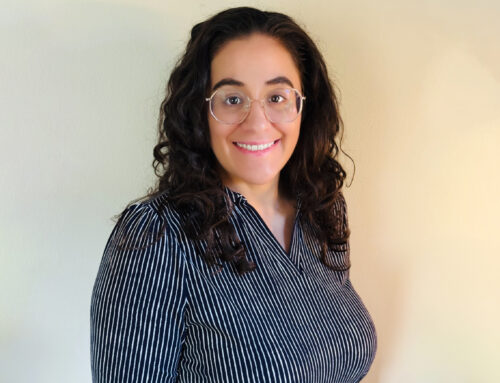We All Have A Superpower
I heard a comment the other day on a podcast that struck me as a truism, especially as it relates to relationships: “Vulnerability is your superpower.” Why? Why, for instance, would admitting a weakness, fear, or need to another person be considered a good thing? Wouldn’t it be better to have our best foot forward as much as possible? I ask this question to most every client I talk to: How comfortable are you admitting your neediness to yourself, your partner, your family? Not surprisingly, many folks admit that it’s uncomfortable being needy, and often the idea of needing something from another person leads to a sense of shame.
Shame is a powerful word. All of us, when we are willing to admit it, have experienced it. What is shame? It’s the sense that I need to hide something about myself from others, due to fear of being seen and/or treated differently if they knew this truth about me. It’s the sense of being naked, uncovered, and exposed combined with the fear of rejection. So, what do most folks do with shame? Well, we ignore certain truths about ourselves, and pretend to be better, stronger, faster etc than we actually are. Especially, in areas of our individual emotional and relational needs.
The antidote to shame is grace. But, what is that? Grace? One of my favorite Christian authors, John Lynch, describes grace as an environment of love, acceptance, and support. A place where instead of being rejected for admitting yucky, difficult truth one is loved even more for sharing. It’s an environment of trust where I am able to give and receive the love, support, and connection needed to be a healthy human. I love this idea and work to help couples and individuals learn to experience the reality of being a needy human and loved all the more for admitting it.
The Disney movie Meet the Robinson’s has a beautiful scene in it that actually had me crying in the theater when I first saw it. A young boy is adopted into a family of scientists and inventors. They are sitting at the dining room table together as the boy attempts to show off his new peanut butter and jelly gun to the family. The presentation is a disaster, the gun explodes and makes a gigantic mess in front of everyone. The boy responds in horror with a look of terror on his face as he anticipates criticism, condemnation and rejection. And yet, the family instead of responding with criticism erupts in praise and affirmation to the boy exclaiming, “Hooray, what an awesome failure!! Failure is how we learn!”
It’s risky being vulnerable. It feels scary. But, it’s also real. It’s authentic. And it’s reciprocal. Being vulnerable invites grace into our lives which provides the love, acceptance, and support we all need. Relationally, creating an environment of grace within a family allows each member within to live authentically. It allows trust to grow and reduces unnecessary stress and anxiety. It allows the truth to be told which provides opportunity for growth, healing, and exploration of new things. Sometimes therapy can be an environment where we learn to practice vulnerability and experience the grace we desperately need. Here at Solace we work hard to create environments of grace for our clients helping each one discover their own vulnerable superpower.






